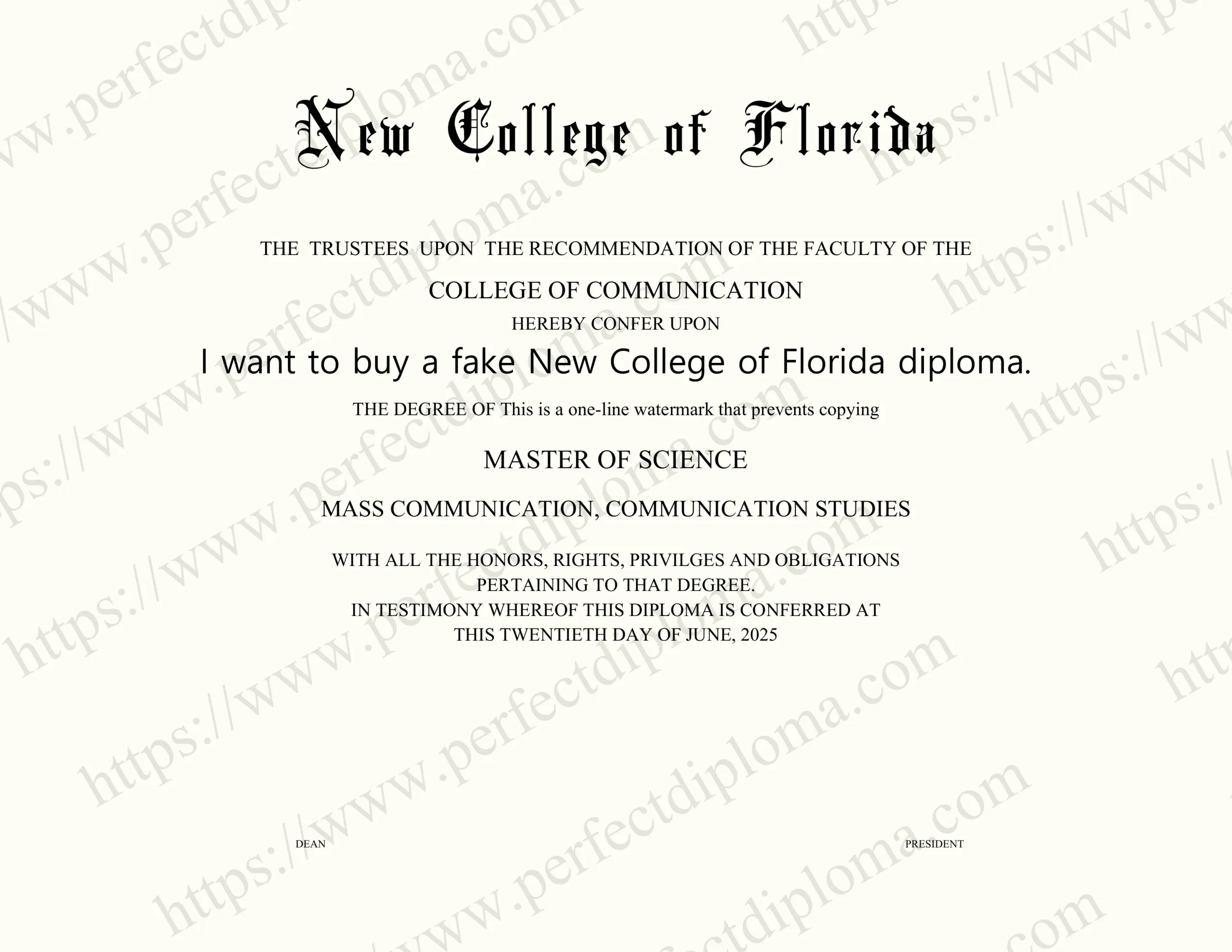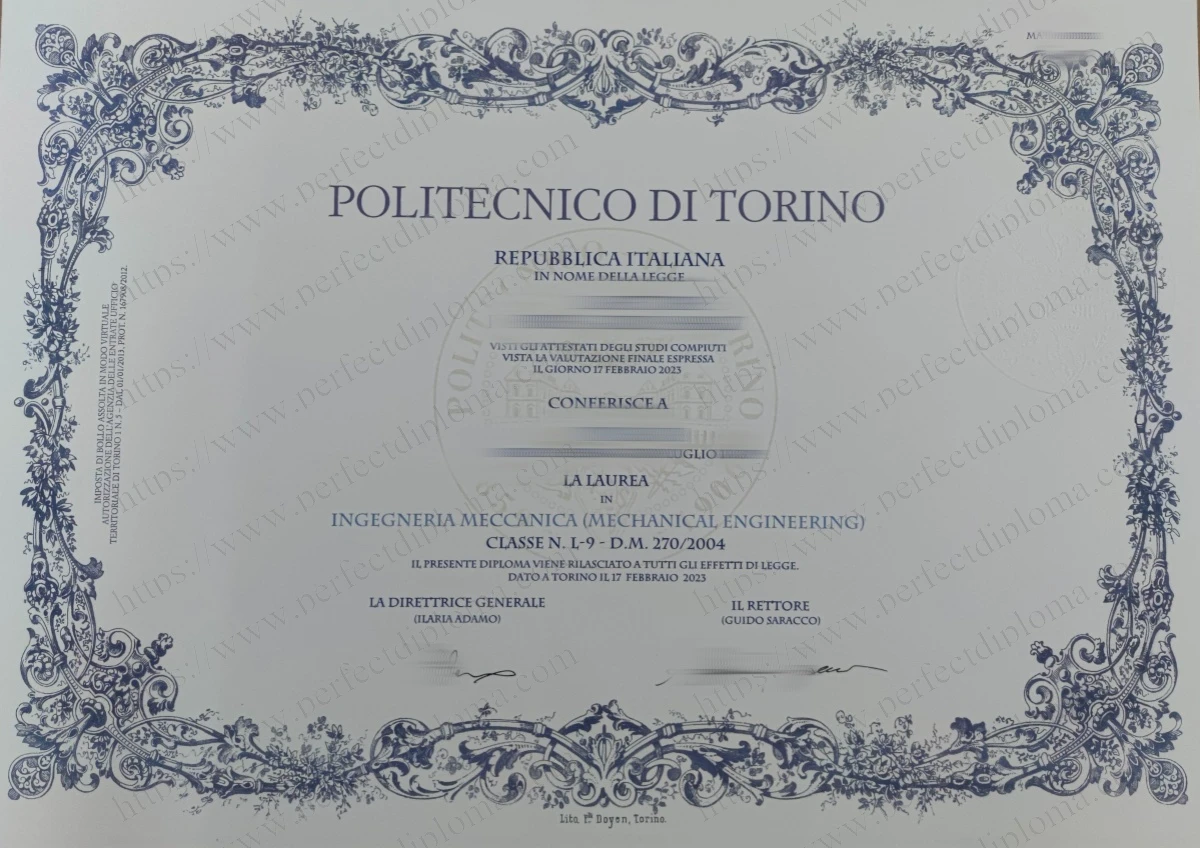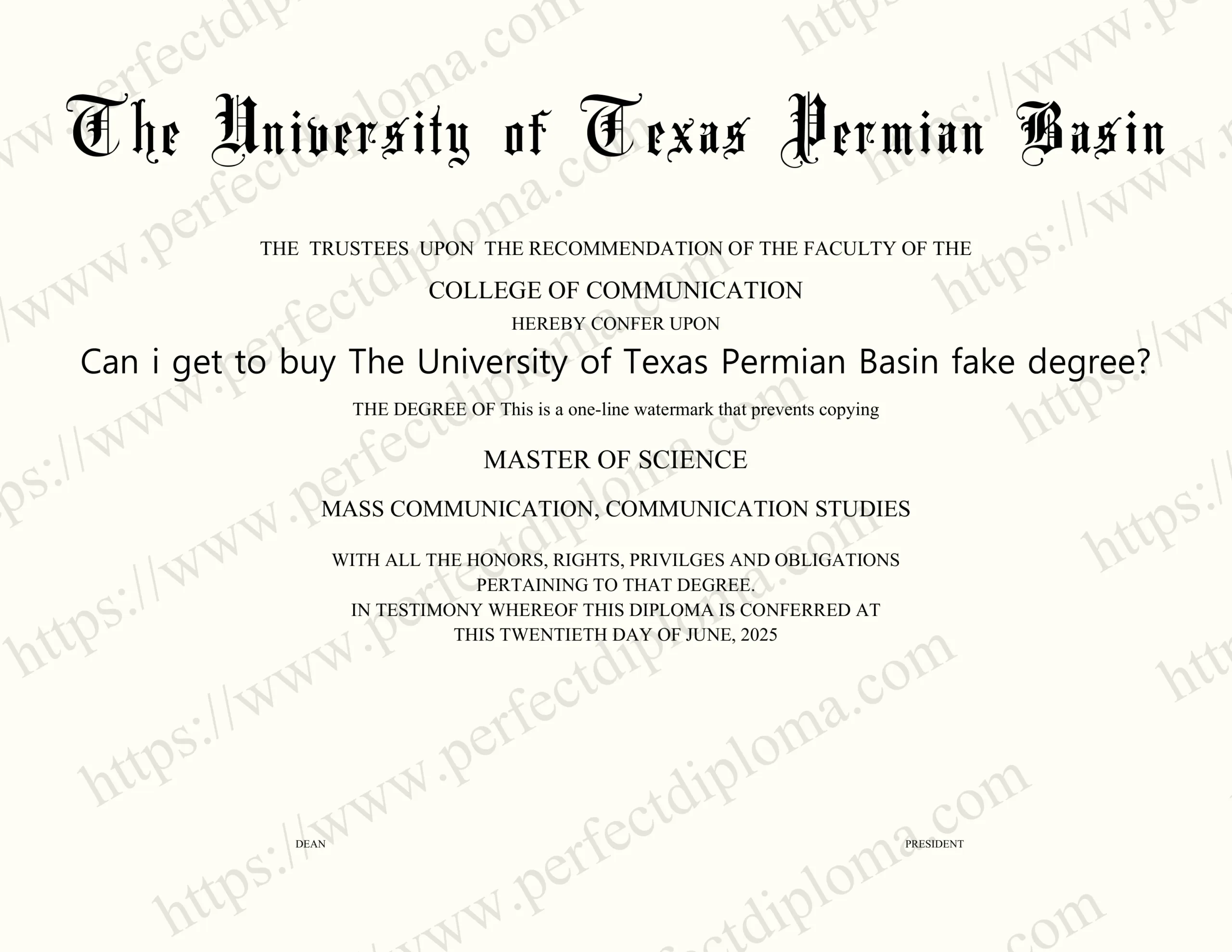
New College of Florida stands at a pivotal moment in its long and storied history. This small public liberal arts college in Sarasota has long been an outlier, a place known for its intense academic focus and its radical commitment to student-directed learning. The narrative surrounding it has shifted dramatically, moving from a quiet, almost secretive haven for intellectuals to a flashpoint in a national debate about the very purpose of higher education.
For decades, the identity of New College was defined by its distinctive educational model. The academic calendar relied on a system of contracts and narrative evaluations rather than traditional grades. Students were expected to take profound ownership of their education, working closely with faculty to design their own courses of study. This approach cultivated an environment of fierce intellectual independence. The campus, with its palm-lined bayfront vistas, became a sanctuary for students who found conventional institutions stifling. It was a place where theoretical physics, postmodern literary criticism, and avant-garde performance art could coexist and cross-pollinate in the mind of a single, highly motivated student. The atmosphere was less about competitive careerism and more about the pure, often messy, pursuit of knowledge.
This unique ecosystem, however, was thrust into an unprecedented spotlight following a series of gubernatorial appointments to its board of trustees. The stated aim was a sweeping transformation, a deliberate effort to reshape the college into a prominent model of classical education within the public sphere. This initiative immediately redefined the college as a national symbol, a battleground for competing ideologies. Proponents of the change argued that it would reinvigorate the curriculum with a focus on Western civilization, intellectual rigor, and the rejection of what they termed contemporary ideological trends. They envisioned a new kind of institution, one that would stand in stark contrast to the prevailing currents of modern academia.
The reaction from within the existing college community was one of profound disruption and distress. Many faculty, alumni, and current students perceived the changes not as a reform but as a hostile takeover, an imposition of a foreign educational philosophy that threatened to erase the college’s foundational principles. The abrupt termination of the college’s gender studies program served as a potent symbol of this schism, signaling a decisive shift away from certain fields of inquiry. The new leadership emphasized a curriculum centered on great books and traditional philosophical texts, a stark departure from the student-designed, interdisciplinary paths that were once the college’s hallmark.
This period of upheaval raises fundamental questions about institutional legacy and the forces that shape it. Can the core identity of an academic institution, built over half a century, be fundamentally altered through top-down governance? The transformation at New College is not merely a change in policy; it is an attempt to re-engineer its very soul. The collaborative, student-centered ethos is being challenged by a more prescriptive, canon-focused approach. The quiet, introspective campus culture has been replaced by a state of constant political and social tension, attracting media scrutiny and turning the school into a case study.
The ultimate outcome of this grand experiment remains uncertain. The college is now a hybrid entity, a place where the remnants of the old guard navigate a landscape being actively redesigned. The student body is changing, with some students drawn by the new vision and others remaining deeply attached to the college’s former self. The faculty is grappling with new mandates and a transformed administrative environment. What is clear is that New College of Florida can no longer be described as that quiet, quirky haven by the bay. It has become something else entirely: a living laboratory for a particular brand of educational conservatism, a test of whether a deeply entrenched academic culture can be rapidly dismantled and rebuilt according to a new blueprint. Its story is still being written, a compelling and contentious chapter in the ongoing saga of American higher education.
Where can I buy a fake New College of Florida diploma?, How long to buy New College of Florida fake diploma?, How easy to get a New College of Florida fake certificate?




